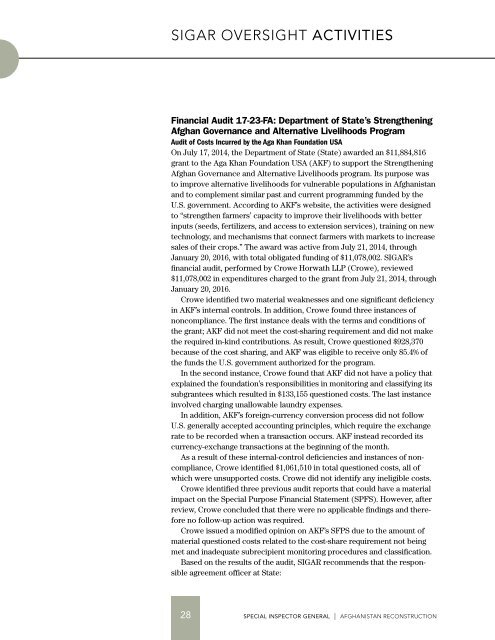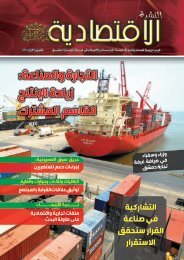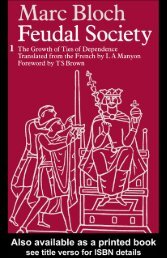SIGAR
2017-01-30qr
2017-01-30qr
Create successful ePaper yourself
Turn your PDF publications into a flip-book with our unique Google optimized e-Paper software.
<strong>SIGAR</strong> OVERSIGHT ACTIVITIES<br />
Financial Audit 17-23-FA: Department of State’s Strengthening<br />
Afghan Governance and Alternative Livelihoods Program<br />
Audit of Costs Incurred by the Aga Khan Foundation USA<br />
On July 17, 2014, the Department of State (State) awarded an $11,884,816<br />
grant to the Aga Khan Foundation USA (AKF) to support the Strengthening<br />
Afghan Governance and Alternative Livelihoods program. Its purpose was<br />
to improve alternative livelihoods for vulnerable populations in Afghanistan<br />
and to complement similar past and current programming funded by the<br />
U.S. government. According to AKF’s website, the activities were designed<br />
to “strengthen farmers’ capacity to improve their livelihoods with better<br />
inputs (seeds, fertilizers, and access to extension services), training on new<br />
technology, and mechanisms that connect farmers with markets to increase<br />
sales of their crops.” The award was active from July 21, 2014, through<br />
January 20, 2016, with total obligated funding of $11,078,002. <strong>SIGAR</strong>’s<br />
financial audit, performed by Crowe Horwath LLP (Crowe), reviewed<br />
$11,078,002 in expenditures charged to the grant from July 21, 2014, through<br />
January 20, 2016.<br />
Crowe identified two material weaknesses and one significant deficiency<br />
in AKF’s internal controls. In addition, Crowe found three instances of<br />
noncompliance. The first instance deals with the terms and conditions of<br />
the grant; AKF did not meet the cost-sharing requirement and did not make<br />
the required in-kind contributions. As result, Crowe questioned $928,370<br />
because of the cost sharing, and AKF was eligible to receive only 85.4% of<br />
the funds the U.S. government authorized for the program.<br />
In the second instance, Crowe found that AKF did not have a policy that<br />
explained the foundation’s responsibilities in monitoring and classifying its<br />
subgrantees which resulted in $133,155 questioned costs. The last instance<br />
involved charging unallowable laundry expenses.<br />
In addition, AKF’s foreign-currency conversion process did not follow<br />
U.S. generally accepted accounting principles, which require the exchange<br />
rate to be recorded when a transaction occurs. AKF instead recorded its<br />
currency-exchange transactions at the beginning of the month.<br />
As a result of these internal-control deficiencies and instances of noncompliance,<br />
Crowe identified $1,061,510 in total questioned costs, all of<br />
which were unsupported costs. Crowe did not identify any ineligible costs.<br />
Crowe identified three previous audit reports that could have a material<br />
impact on the Special Purpose Financial Statement (SPFS). However, after<br />
review, Crowe concluded that there were no applicable findings and therefore<br />
no follow-up action was required.<br />
Crowe issued a modified opinion on AKF’s SFPS due to the amount of<br />
material questioned costs related to the cost-share requirement not being<br />
met and inadequate subrecipient monitoring procedures and classification.<br />
Based on the results of the audit, <strong>SIGAR</strong> recommends that the responsible<br />
agreement officer at State:<br />
28<br />
SPECIAL INSPECTOR GENERAL I AFGHANISTAN RECONSTRUCTION







